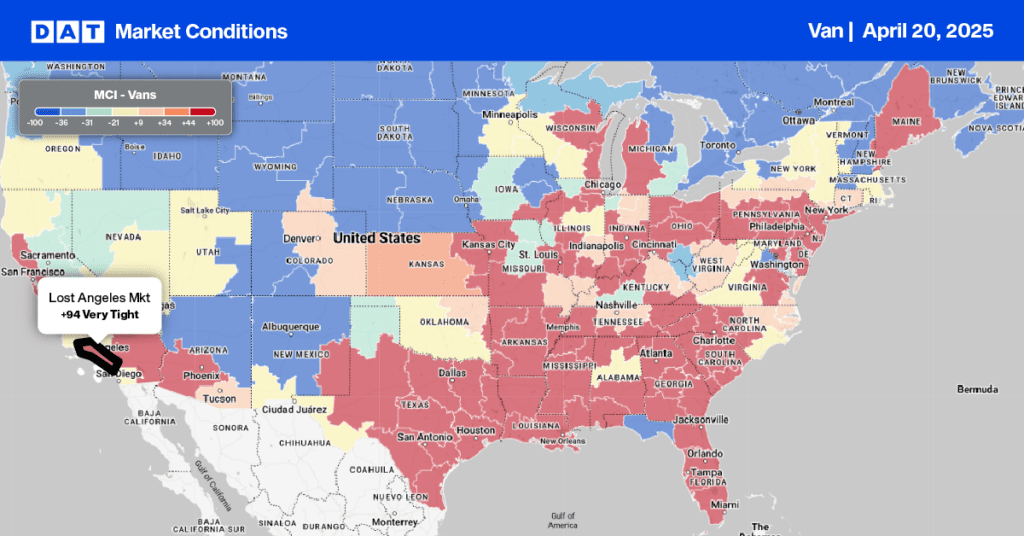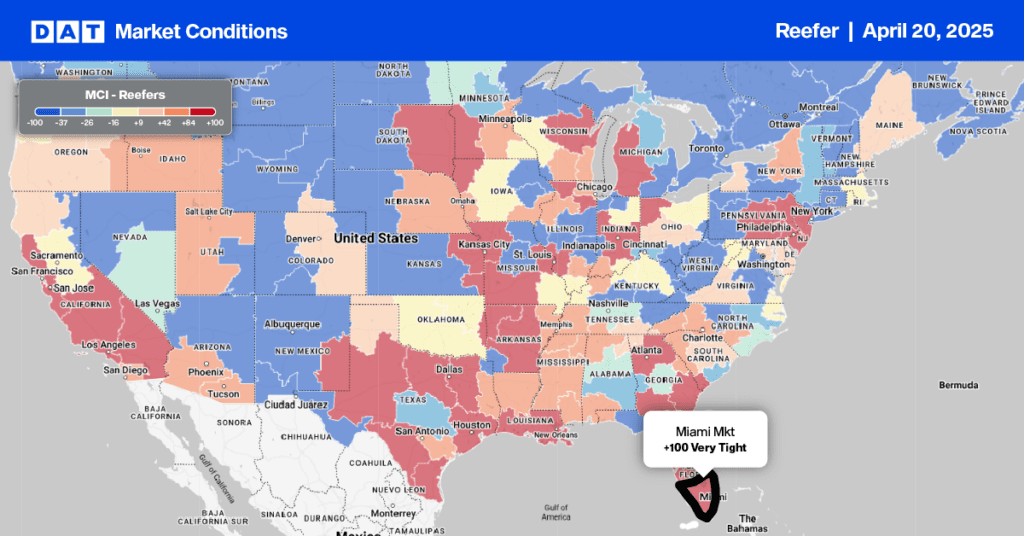Life’s ups and downs happen to everyone. People can experience relationship breakdowns, financial difficulties, health issues, or periods of major change at work, home, or in life. The people around you may not always express when something is troubling them, so it’s important to ask, “Are you okay?” as part of your everyday interactions with friends, family, teammates, and colleagues.
Truckers and others in logistics are not immune to these challenges. More than 3 million truck drivers are employed in commercial transportation and material-moving occupations—one of the largest occupational groups in the United States. Workers in this growing segment are at risk for various health-related conditions, including mental health and psychiatric disorders, due to high levels of occupational stress, limited access to and use of healthcare, and insufficient social support.
Truck drivers are often perceived as tough in the transportation industry, and experienced veterans know that thick skin is essential for the job. However, life on the road has its challenges. Studies show that truck drivers face increased difficulties such as loneliness (27.9%), depression (26.9%), chronic sleep disturbances (20.6%), anxiety (14.5%), and other emotional problems (13%).
This study used a cross-sectional and quantitative design to explore the mental health risks and associated comorbidities among male truck drivers. Data were collected from a random sample of 316 male truckers between the ages of 23 and 76 at a large truck stop within a 100-mile radius of Greensboro, North Carolina, USA. The data was gathered using a self-administered 82-item questionnaire.
Here are four common issues that truck drivers face that can adversely affect their mental health:
- Stress: Truck driving can be highly stressful due to heavy stop-and-go traffic, weather changes, unexpected delays, mechanical problems, and miscommunication, all of which can elevate stress levels.
- Isolation: Being away from family is one of the most challenging aspects of the job for many drivers. Long hours spent alone can contribute to feelings of isolation. Drivers often struggle with the guilt of not being there for their families and face an internal conflict between their need to earn a living and their desire for quality time at home.
- Diet: Nearly 70% of truck drivers in the United States are classified as obese, compared to the national average of about 40%, according to the CDC. Limited access to healthy food choices contributes to this issue. Studies from the Mayo Clinic have shown that those with poor diets are more likely to report symptoms of depression. On a positive note, individuals who consume a diet rich in fruits, vegetables, and fish report lower levels of depression.
- Sleep: Lack of proper sleep is a significant risk factor that can negatively impact mental health. Many truck drivers do not get the recommended amount of sleep. Conditions like insomnia, restless legs syndrome, and sleep apnea are prevalent among truck drivers and can greatly affect sleep quality and quantity. A study by the University of Pennsylvania found that 28% of truck drivers have mild to severe sleep apnea.
Mental health issues can significantly impair safe driving, including:
– Cognitive Functioning: Mental health conditions such as depression, anxiety, or PTSD can hinder focus, decision-making, and quick reactions to changing road conditions, increasing the risk of accidents.
– Fatigue and Sleep Problems: Mental health issues often coexist with sleep disturbances like insomnia or nightmares. Poor sleep quality can lead to fatigue and drowsiness while driving, impairing alertness and raising the likelihood of accidents.
– Impaired Judgment: Drivers with mental health issues may take unnecessary risks or drive recklessly due to compromised judgment.
– Substance Abuse: Some individuals may turn to alcohol or drugs to cope with their mental health struggles, leading to substance abuse issues that can impair driving abilities and raise accident risks.
– Emotional Instability: Mental health challenges can lead to emotional instability, causing drivers to experience mood swings, anger outbursts, or emotional breakdowns while driving, which can seriously jeopardize vehicle control.
We all need to take mental health seriously and work together to break down the social stigma surrounding it, especially within the trucking community. If you, a friend, or a family member is affected, it’s crucial to understand that they are not alone in their struggles. If any symptoms of depression occur, seeking professional help is essential. Free helplines are available for people reaching out for various reasons, often when they feel overwhelmed, are in crisis, or are at risk of making regrettable choices.
Prioritizing mental health promotion, assessment, and treatment is essential to improving the trucking environment for truckers, enhancing the transportation industry, and ensuring safety on U.S. highways.


